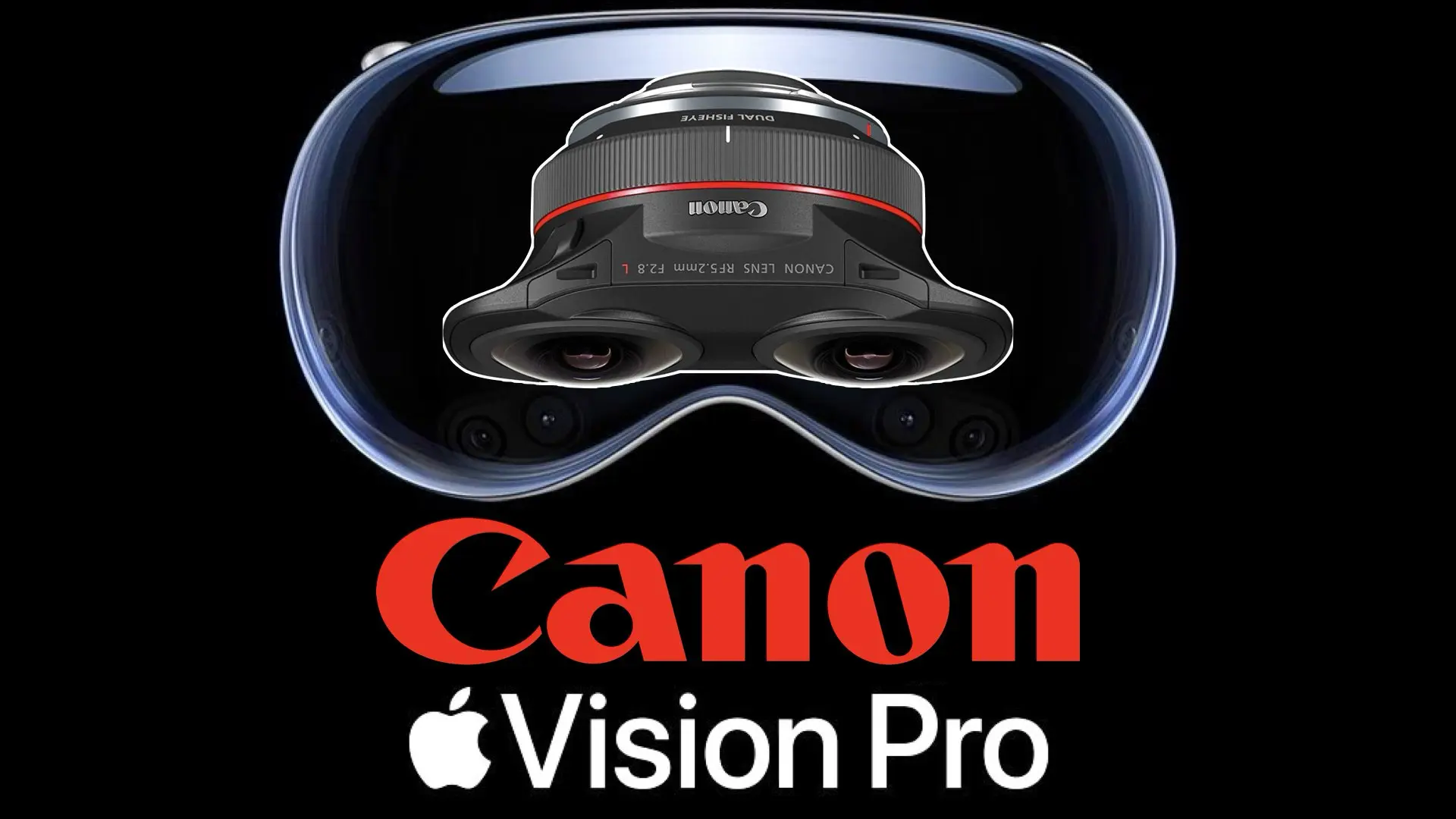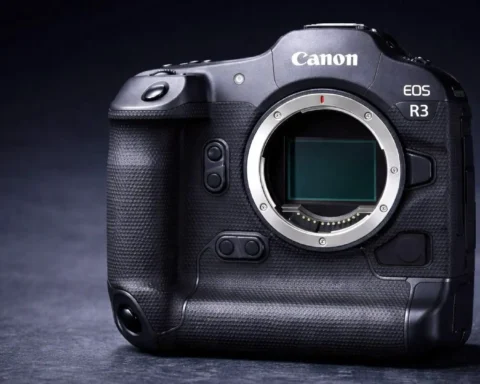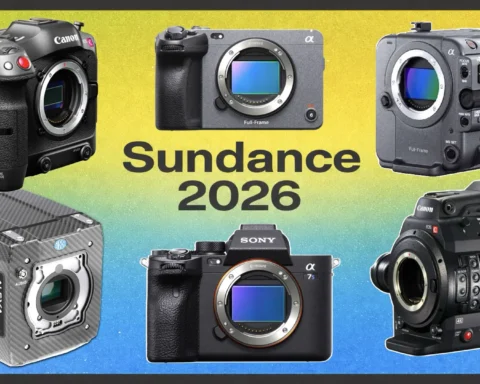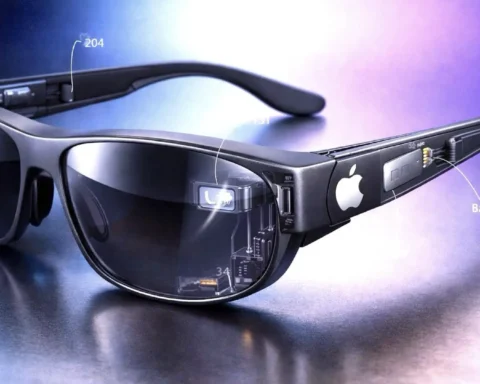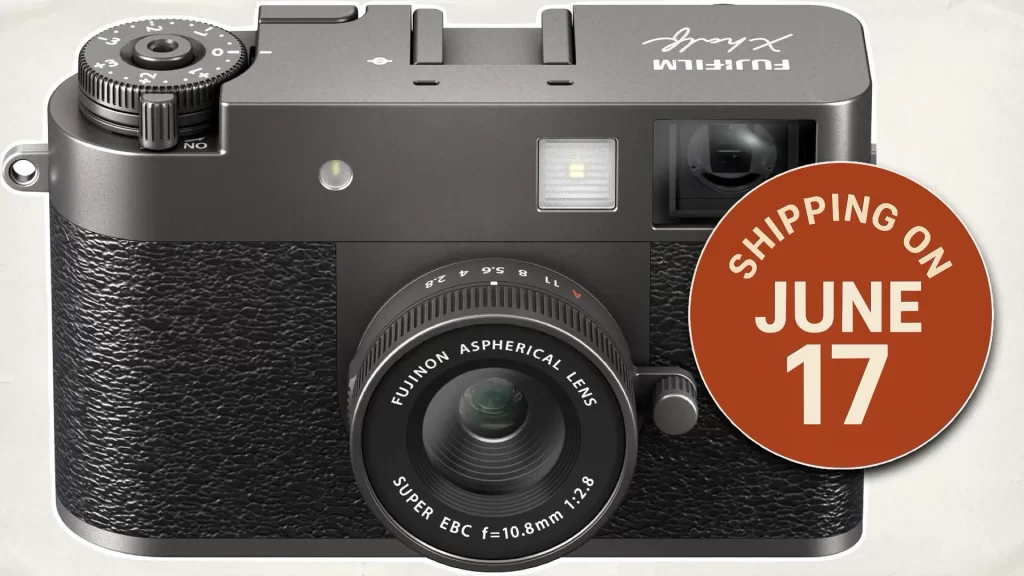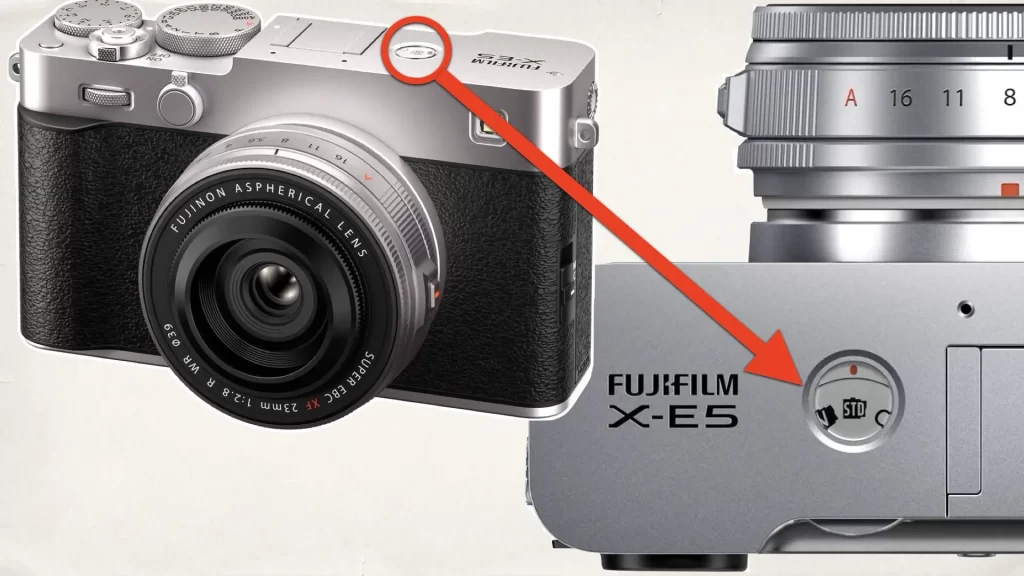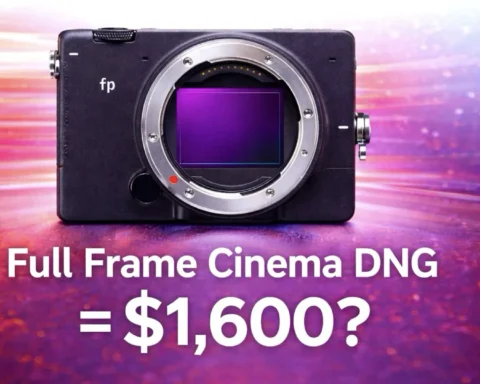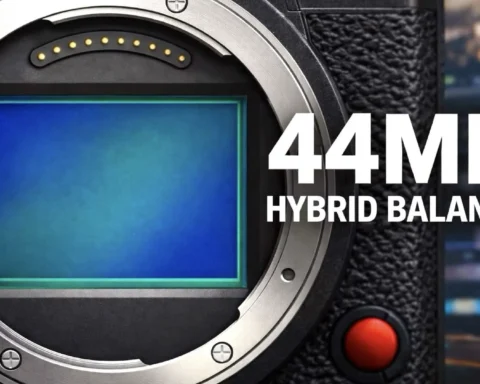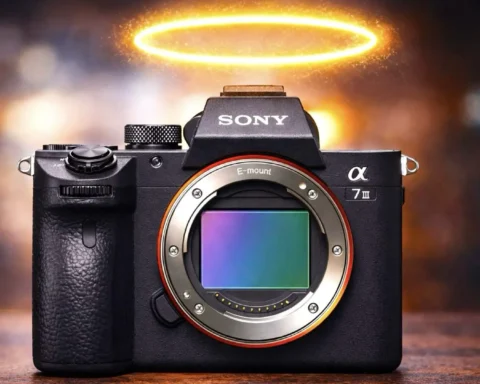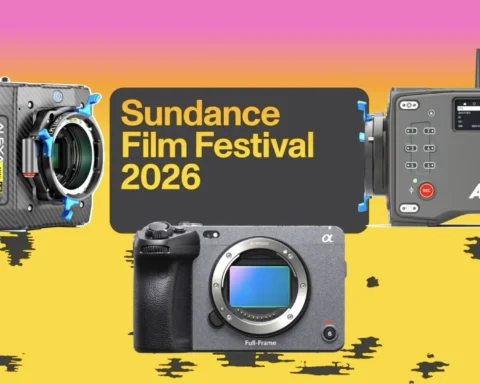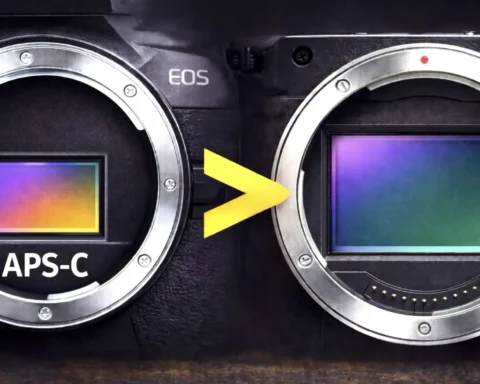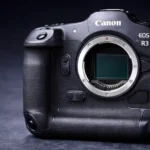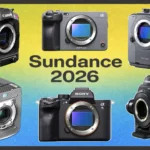The recent announcement by Canon that its EOS VR SYSTEM will be compatible with Apple’s Vision Pro headset is an important step in expanding the reach of immersive 3D video. By enabling smooth integration with Apple’s cutting-edge spatial computing platform, Canon is positioning itself at the forefront of the rapidly growing immersive content industry. But is this collaboration enough to tackle the broader challenges the immersive 3D space faces, as well as the competitive threat from other players like Blackmagic and Apple itself?
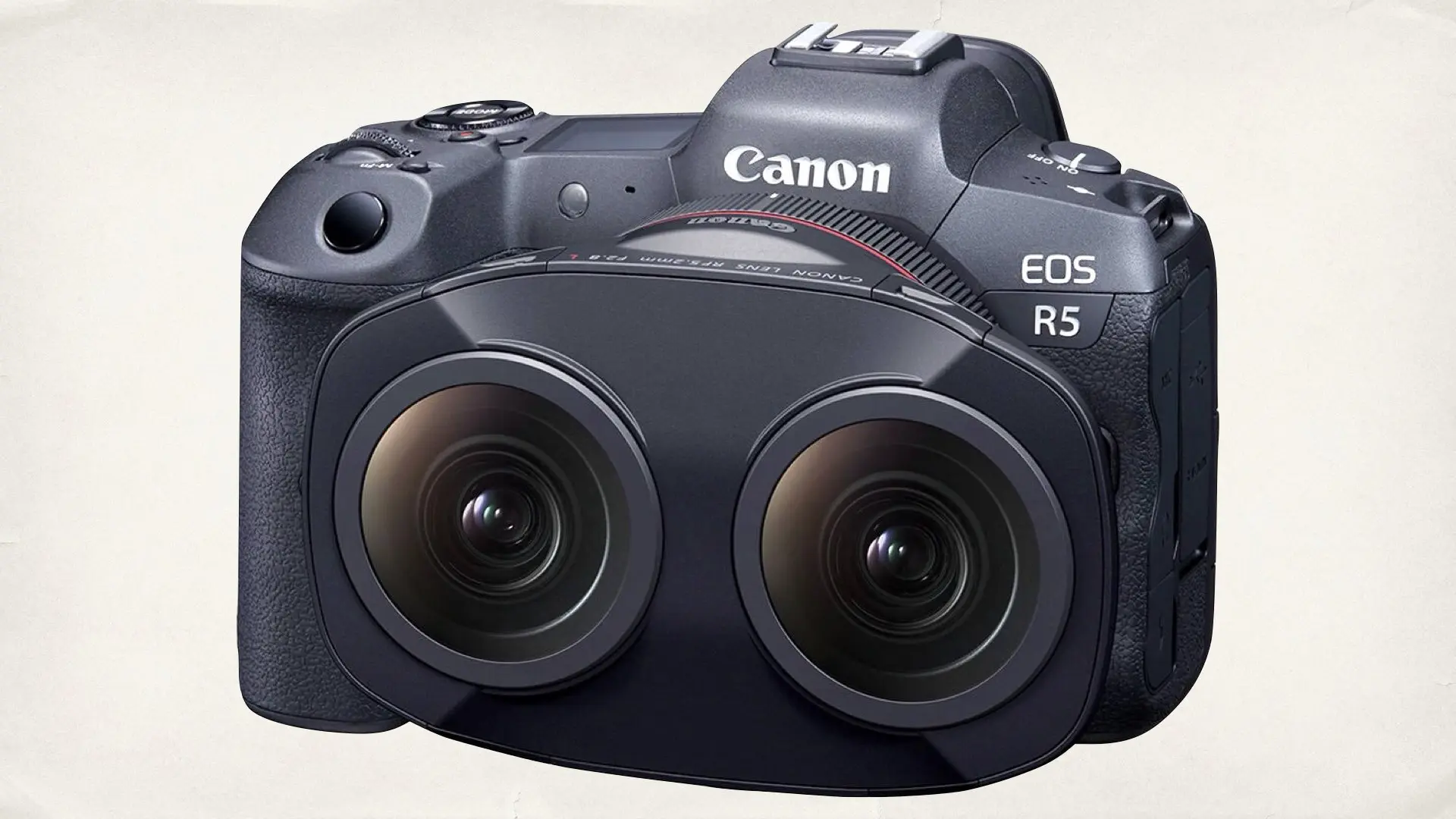
Why Apple’s Vision Pro Struggled with Immersive 3D Cinema
To understand Canon’s move, we must first consider why Apple’s Vision Pro has not yet captured the public’s imagination in the way its previous devices have. The article “Why Apple’s Vision Pro Failed: The Struggle of Immersive 3D Cinema to Capture the Public” explores the concept that the immersive 3D space is still in its infancy. Despite its promising technological advances, the Vision Pro’s high price tag and limited content availability made it difficult for it to gain widespread traction. While its specs are impressive, including the ability to display 3D cinema content at high resolution, the device struggles with mass adoption due to its cost and niche appeal. Canon’s integration with the Vision Pro is aimed at addressing this by providing creators with an easy path to produce spatial 3D content that could make the Vision Pro more compelling. By offering support for stereoscopic VR videos with its RF5.2mm F2.8L DUAL FISHEYE and new RF-S7.8mm F4 STM DUAL lenses, Canon is providing content creators with the tools to easily transition into this space, which may, in turn, encourage the development of more content tailored for the Vision Pro.
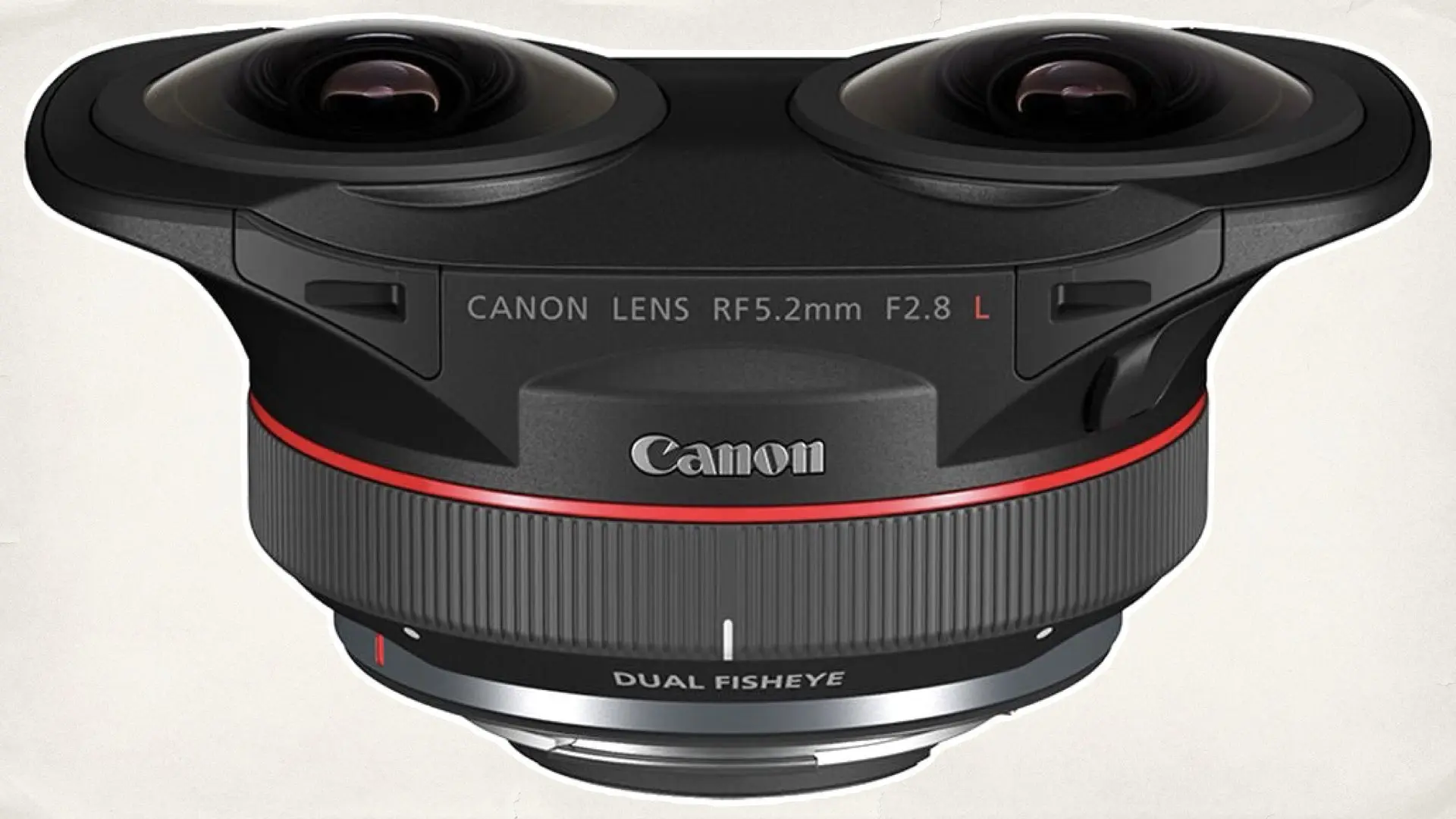
Blackmagic’s Challenge: The 8K Cinema Camera Race
Canon is not alone in the pursuit of immersive 3D content creation. Blackmagic Design has also made significant strides with its “Blackmagic URSA 8K Cine Immersive Challenges Apple’s 8K Cinema Camera for Immersive 3D Domination”. The Blackmagic URSA 8K Cine Camera is designed to capture highly detailed 3D content, positioning itself as a serious competitor to Apple’s 8K cinema camera for the immersive video market. Blackmagic’s reputation for delivering cinema-quality imaging at an accessible price point has already made waves in the industry, and their 8K camera is aimed squarely at creators looking for high-quality, high-resolution 3D footage for VR and AR applications. Apple’s own 8K 3D cinema camera, which was announced in “Apple Introduces Its New 8K 3D Cinema Camera”, boasts impressive specs but faces the challenge of establishing itself within an already crowded market. Apple’s steep price points and lack of broader support in the creative community make it harder to compete with established brands like Canon and Blackmagic that are recognized for providing affordable, professional-grade tools.
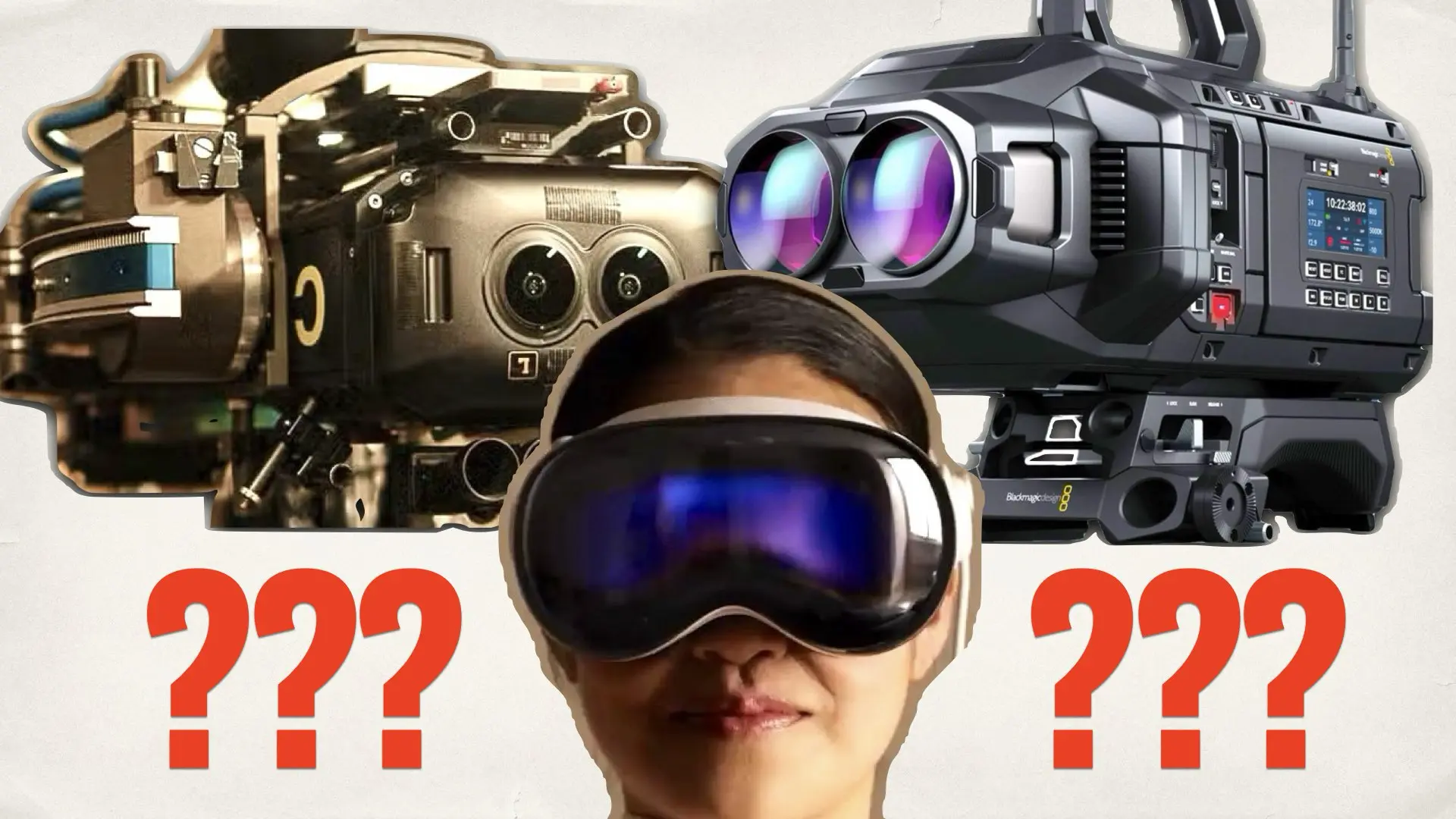
Canon’s Counterstrike: AR/VR Glasses Patent
Canon is no stranger to the immersive tech space. In fact, the company has already been working on its own solutions with its “Canon’s AR/VR Glasses Patent: A Counterstrike to Apple Vision Pro Aiming at the Masses“. The patent suggests Canon’s ambition to release AR/VR glasses that are more accessible to the mass market than the Vision Pro. This strategic move positions Canon as a competitor to Apple in the realm of spatial computing, and their push for affordable and accessible AR/VR technology could reshape the way immersive content is experienced by a much broader audience. This patent comes at a time when immersive video technologies are beginning to gain momentum in cinema and beyond. Canon’s expansion into AR/VR, in conjunction with its high-quality spatial video tools, seems to signal the company’s long-term commitment to the development of immersive technologies.
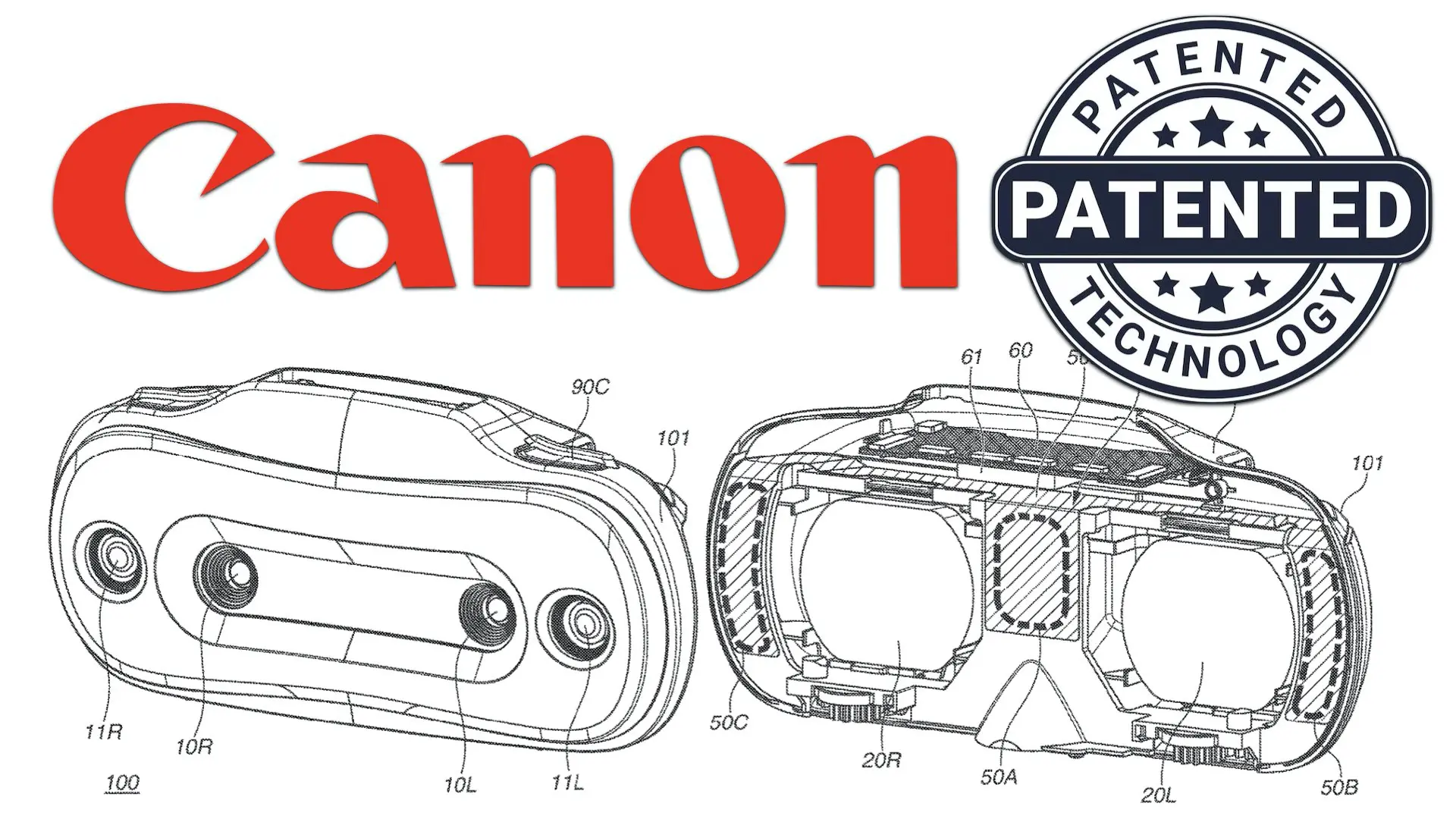
Canon announced that two of its RF lenses for 3D VR video — the RF5.2mm F2.8 L DUAL FISHEYE (released in December 2021) and the RF-S3.9mm F3.5 STM DUAL FISHEYE (released in June 2024) — will offer compatibility with “Apple Projected Media Profile”, a QuickTime movie profile that will be introduced to the Apple Vision Pro spatial computer developed by Apple through its EOS VR Utility1 app. Canon has also announced that it will make its RF-S7.8mm F4 STM DUAL lens (released in November 2024) compatible with “spatial photo,” through its EOS VR Utility app, that will help further expand the 3D VR market through collaboration with Apple going forward.
-Canon Inc.
Is Canon the Missing Link for Immersive Content?
Canon’s collaboration with Apple highlights the company’s desire to fill the gap in the current immersive ecosystem. While Apple’s Vision Pro has been seen as a promising device, it has yet to gain mass adoption, largely due to its limited content ecosystem and high price. Canon’s “Why Apple Has Failed with the Vision Pro” discusses the struggles of immersive 3D cinema and how companies like Apple have yet to truly crack the code on widespread consumer adoption. Canon, with its experience in optics and video production, could be the catalyst for expanding the amount of spatial content available for these immersive platforms. Canon’s lenses, including the RF5.2mm F2.8L DUAL FISHEYE and RF-S7.8mm F4 STM DUAL, allow creators to easily capture 3D VR video content that can be enjoyed in a highly immersive way on the Vision Pro. By ensuring that its products are seamlessly integrated with the Vision Pro, Canon aims to attract creators to the platform, encouraging more content creation in the immersive video space. This, in turn, could help Apple build a stronger content library that could eventually increase the device’s appeal.
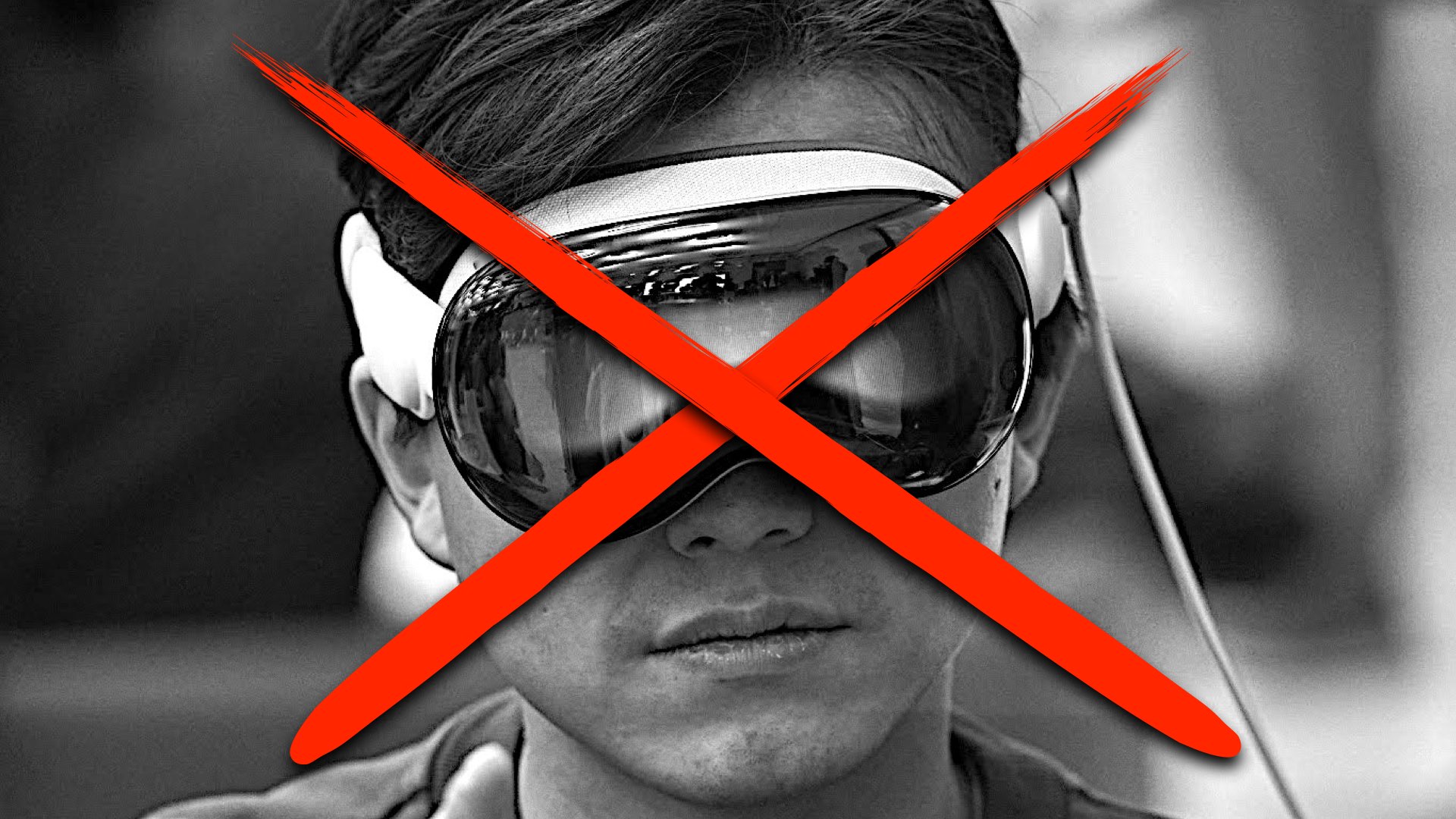
Looking Ahead: Who Will Lead the Immersive 3D Video Market?
As immersive video continues to evolve, Canon’s move represents a critical moment in the development of this technology. The challenge is not just about hardware but also about content. The race to dominate the immersive 3D video market is heating up, with companies like Canon and Blackmagic vying for the attention of content creators. With Apple’s Vision Pro and the 8K 3D camera on the horizon, the competition is fierce. As noted in “Blackmagic Announces the URSA Cine Immersive 8K 3D Camera”, the growing demand for 3D content in cinema and VR environments is paving the way for new possibilities. Canon’s move to enhance compatibility with Apple’s Vision Pro shows that they are well aware of the stakes and are taking the necessary steps to position themselves as leaders in this space.

Conclusion: Canon’s Role in the Future of Spatial Video
The integration of Canon’s EOS VR SYSTEM with Apple’s Vision Pro may seem like a small step, but it’s a significant one for the future of spatial video. Canon’s ability to provide affordable, high-quality lenses and cameras for immersive content creators gives them a competitive edge in an industry that is still finding its footing. As immersive 3D video continues to grow, Canon is positioning itself to be an affordable key player, offering both the tools for creators and the technical partnerships that can drive the next generation of immersive experiences.
Here are the featured products and where you can buy them:

